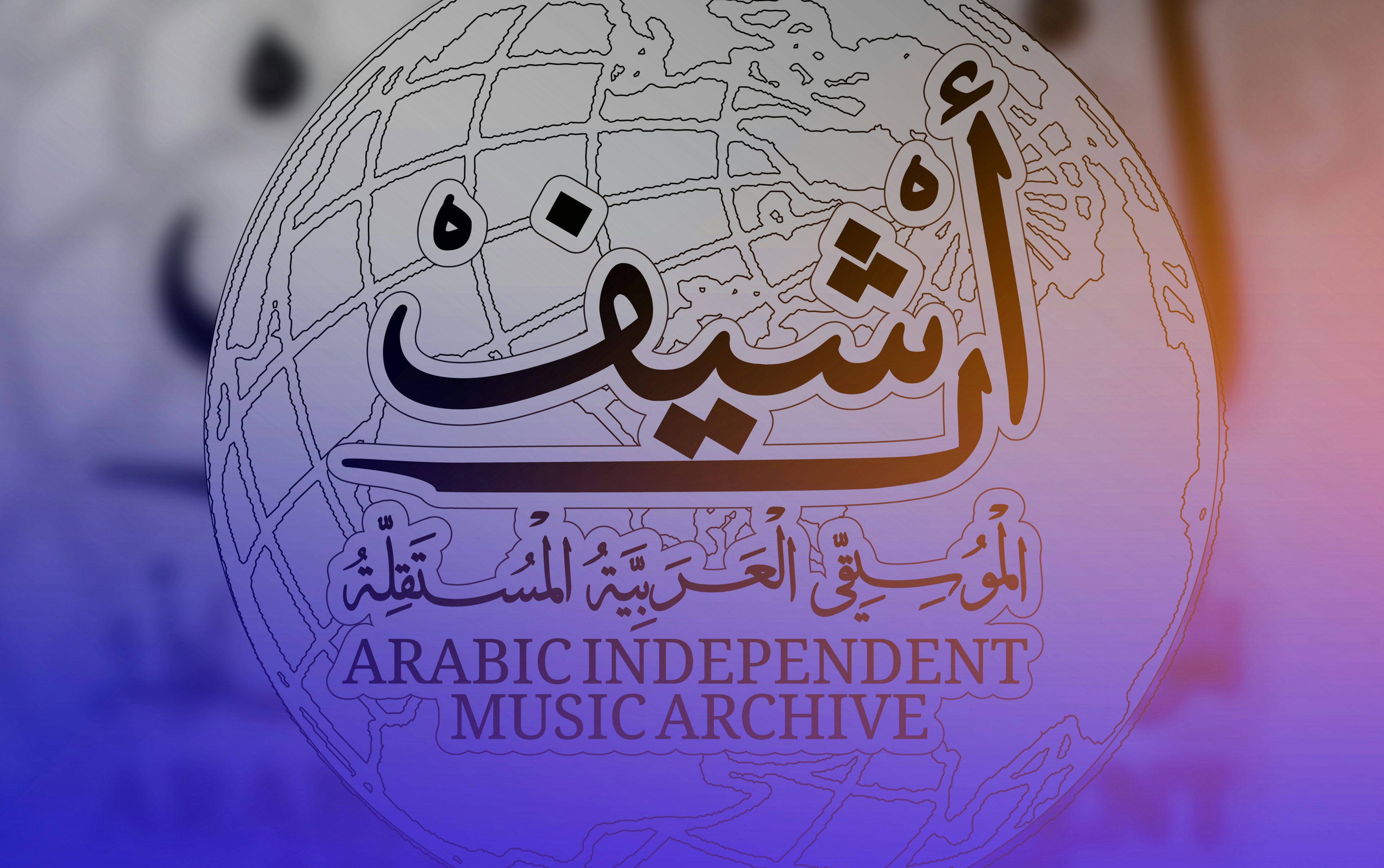

Arabic Independent Music Archive: A New Era of Music Documentation
By Sara Wael
April 20 2025
Arabic Independent Music Archive: A New Era of Music Documentation
By Sara Wael
April 20 2025
In the ever-expanding world of independent Arabic music, AIMA has emerged as a groundbreaking platform dedicated to documenting, visualizing, and connecting artists across the region. What started as a university research project has evolved into a full-scale initiative that preserves, archives and maps the evolution of independent music in the Arab world.
Through a data-driven approach, AIMA bridges the gap between artistic expression and the industry, offering a dynamic archive that highlights the cultural and historical significance of the region’s music scene while fostering connections between artists, genres, and communities.
The Vision Behind AIMA
For founder Fady Gerges Helmy, AIMA is the result of a deep passion for independent music in the MENA region. “I’ve always found this music incredibly influential and deeply relatable—it carries such authenticity, reflecting honest stories and powerful messages from the musicians.”
Fady’s inspiration came during the research phase of his graduation project when he encountered the documentary Palestine Underground, which showcased the connection between Palestinian musicians in Ramallah and the West Bank with those in Tel Aviv and Jaffa.
“Despite years of separation, they were able to reconnect through their shared passion for music-making,” says Fady, “Particularly within genres like hip-hop, trap, and techno.” This sparked fundamental questions in Fady’s mind about how music fosters connections across geographical and cultural divides, leading to the foundation of AIMA.
What AIMA Offers
AIMA is more than a database—it’s an interactive platform designed to map independent music across the region. It offers:
Artist Profiles: Featuring biographies, discographies, and styles.
Geographical Mapping: Connecting artists to their cities and genres.
Industry Insights: Providing a resource for journalists, researchers, and professionals.
By creating a database that links musicians to their genres, languages, and geographical contexts, AIMA offers new ways to understand the impact of independent music.
The Team Behind AIMA
Helmy built AIMA with a multidisciplinary team, securing European Union funding through EUNIC Egypt. Key members include:
Fady Gergea Helmy – The founder and visual designer, with experience in research and multidisciplinary visual design.
Nouran Al-Ashry – A senior researcher and project coordinator with a Master of Arts in Journalism and Mass Communication.
Moussa Al-Hussaini – A senior researcher and musician with a background in clinical psychology from Uniwersytet SWPS.
Marwan Al-Ashry – A junior researcher who contributed to the documentation of 400 musicians from Egypt.
Ammar Manla Hassan – The data quality lead, whose experience with Syrian Cassette Archives and Taxir Initiative played a crucial role in refining AIMA’s research criteria.
Mohamed Ibrahim – A data scientist at the American University in Cairo, responsible for transforming raw data into interactive visualizations.
Fatma Gamal – A website developer who worked on the platform’s final development.
Data Collection and Validation: Ensuring Accuracy
According to Ammar Manla Hassan, the Data Quality Lead, data collection follows a rigorous validation process. He reports “First, I would make sure every piece of data is linked to a source in the backend. Then I would check if the source accurately reflects the data in our archive. Lastly, we would have a collective discussion about the reliability of the sources that we’re using.”.
When reliable self-reported data or reputable third-party sources aren’t available, the team may turn to data reported by researchers. For example, Ammar mentions, “If I personally knew an artist, and I knew they are from Alexandria, we would use this data as a last resort”
Challenges in Archiving Independent Music
Building AIMA came with several challenges. “The first major hurdle was assembling the right team,” says Helmy. “It took over two months to finalize our team as we initially struggled to find members whose skills aligned with the project’s scope and tight deadlines.”
A key challenge was defining the data collection criteria. “For instance, when documenting musicians’ origins, we divided this field into two subcategories: Place of Birth and Proclaimed Nationality.” This distinction helped capture both self-reported identities and geographical roots. The language and genre tagging system also required careful structuring to maintain clarity and objectivity.
Budget and time constraints further complicated the process. “Despite these limitations, we remained committed to delivering a functional platform by sticking to our deadlines—even if it meant excluding certain supporting features for now.” Through collaboration and adaptability, the team refined their research methodology, ensuring accessibility in both Arabic and English.
“Ultimately, these challenges taught me an invaluable lesson as the founder,” he says. “Plans will inevitably change, but trusting the process and adapting to its outcomes is key.”
The Importance of Archiving in the Digital Age
AIMA’s mission is rooted in the belief that independent Arabic music is not just entertainment—it is a cultural archive. “At AIMA, we believe in the importance of archiving Arabic independent music because of its authentic cultural nature, dynamic evolution, and deep connection to the identities and heritage of the region.”
Unlike static archives, AIMA differentiates itself through interactive data visualization and community-driven updates. “One of AIMA’s unique features is its interactive database, which visualizes relationships between artists, their genres, languages, and geographical connections,” says Helmy. The platform allows users to contribute or update information, ensuring its accuracy as the music scene evolves, while fact-checking by the help of a team of researchers.
Looking to the Future: Expansion and Collaboration
AIMA’s next phase focuses on expanding its research beyond Egypt. “In the next phase, we will focus on Lebanon and Palestine, with the long-term ambition of documenting the independent music scene across the entire Arab world.” Collaboration is key, and AIMA is actively seeking partnerships with researchers, industry professionals, and preservation initiatives.
“Currently, our dedicated team is working hard to maintain and grow the project, while actively exploring new funding opportunities to ensure sustainability and regional expansion,” adds Helmy. Future plans include integrating AI for data collection and visualization, ensuring AIMA remains adaptable as the independent music scene continues to evolve.
A Call to Independent Musicians
AIMA encourages artists to contribute by sharing their data, ensuring their work is documented accurately. “By participating, you help shape a platform that celebrates the diversity of independent Arabic music.”
With its interactive database, meticulous research criteria, and commitment to cultural preservation, AIMA is paving the way for a new era of independent music documentation in the Arab world.
Visit aima.website to explore and contribute.
Share this


